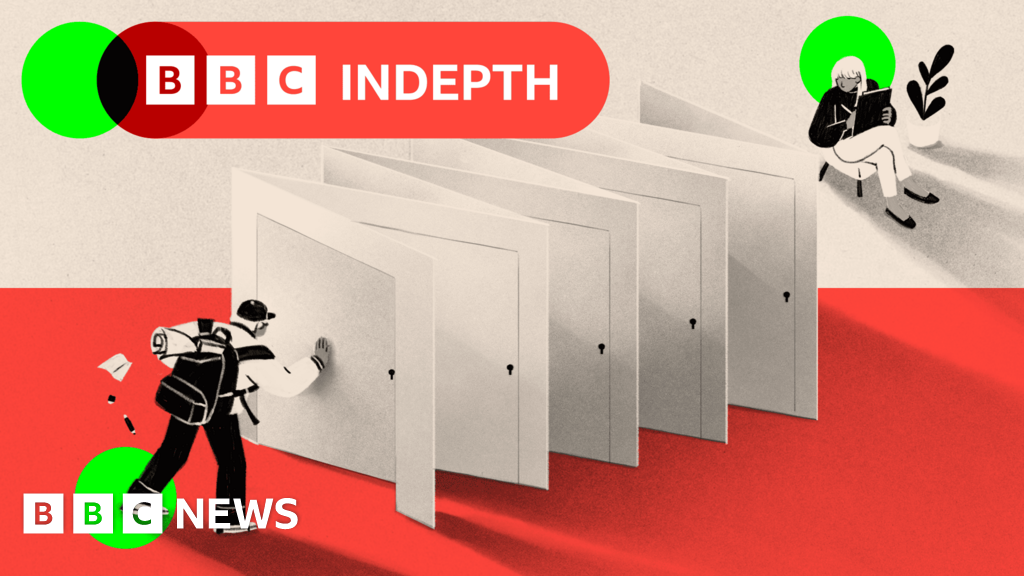UK Mental Health Services Get a Boost: Electronic Prescribing Launched Across 55 Sites

The UK's mental health landscape is set for a significant upgrade with the nationwide rollout of electronic prescribing. A groundbreaking initiative will see the Better Meds electronic prescribing and medicine management solution implemented across 55 mental health sites, aiming to streamline processes, enhance patient safety, and improve overall care delivery. This move represents a major step forward in modernising mental health services and leveraging technology to better support both patients and healthcare professionals.
What is Better Meds?
Better Meds isn't just about digitising prescriptions; it's a comprehensive medicine management system. It integrates seamlessly with existing clinical systems, providing a centralised platform for managing patient medication data. This includes everything from prescribing and dispensing to monitoring and reconciliation. The system is designed to reduce errors, improve communication between healthcare providers, and empower patients to actively participate in their own medication management – all crucial elements in effective mental health treatment.
Why Electronic Prescribing in Mental Health?
The implementation of electronic prescribing in mental health settings addresses several critical challenges. Traditionally, paper-based systems are prone to errors, delays, and legibility issues. This can lead to medication discrepancies, adverse drug events, and inefficiencies in workflow. Electronic prescribing eliminates these risks by providing clear, accurate, and readily accessible medication information. Furthermore, it facilitates better collaboration among psychiatrists, psychologists, nurses, and other healthcare professionals involved in a patient's care.
Benefits for Patients & Healthcare Professionals
- Reduced Medication Errors: Automated checks and alerts minimise the risk of prescribing errors, safeguarding patient wellbeing.
- Improved Patient Safety: Enhanced monitoring and reconciliation processes help prevent adverse drug interactions and complications.
- Streamlined Workflow: Faster prescription processing and reduced administrative burden for healthcare staff.
- Enhanced Communication: Real-time access to medication information improves communication and coordination among healthcare teams.
- Patient Empowerment: Patients can have greater control over their medication management, leading to improved adherence and outcomes.
The Rollout & Future Implications
The initial rollout across 55 sites marks a pilot phase, with plans for wider implementation across the UK in the coming years. The success of this pilot will be crucial in shaping the future of mental health services, demonstrating the potential of technology to transform care delivery. Experts believe this is just the beginning of a wider shift towards digital health solutions within the NHS, ultimately leading to more personalised, efficient, and patient-centred care. The focus now is on ensuring a smooth transition, providing adequate training for staff, and continuously evaluating the impact of Better Meds on patient outcomes and service efficiency.
The UK government's commitment to investing in digital health solutions signals a recognition of the vital role technology plays in improving healthcare. As mental health challenges continue to grow, innovative solutions like Better Meds are essential to ensuring that individuals receive the timely and effective care they need.






